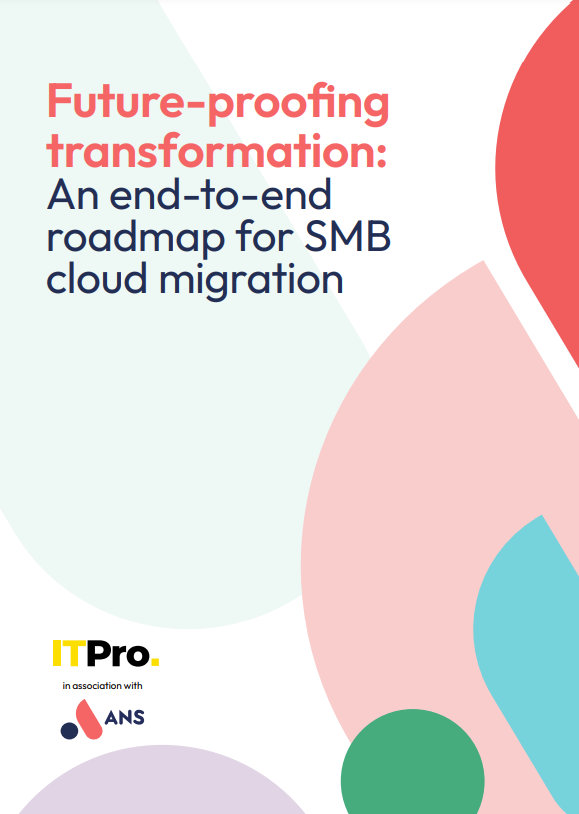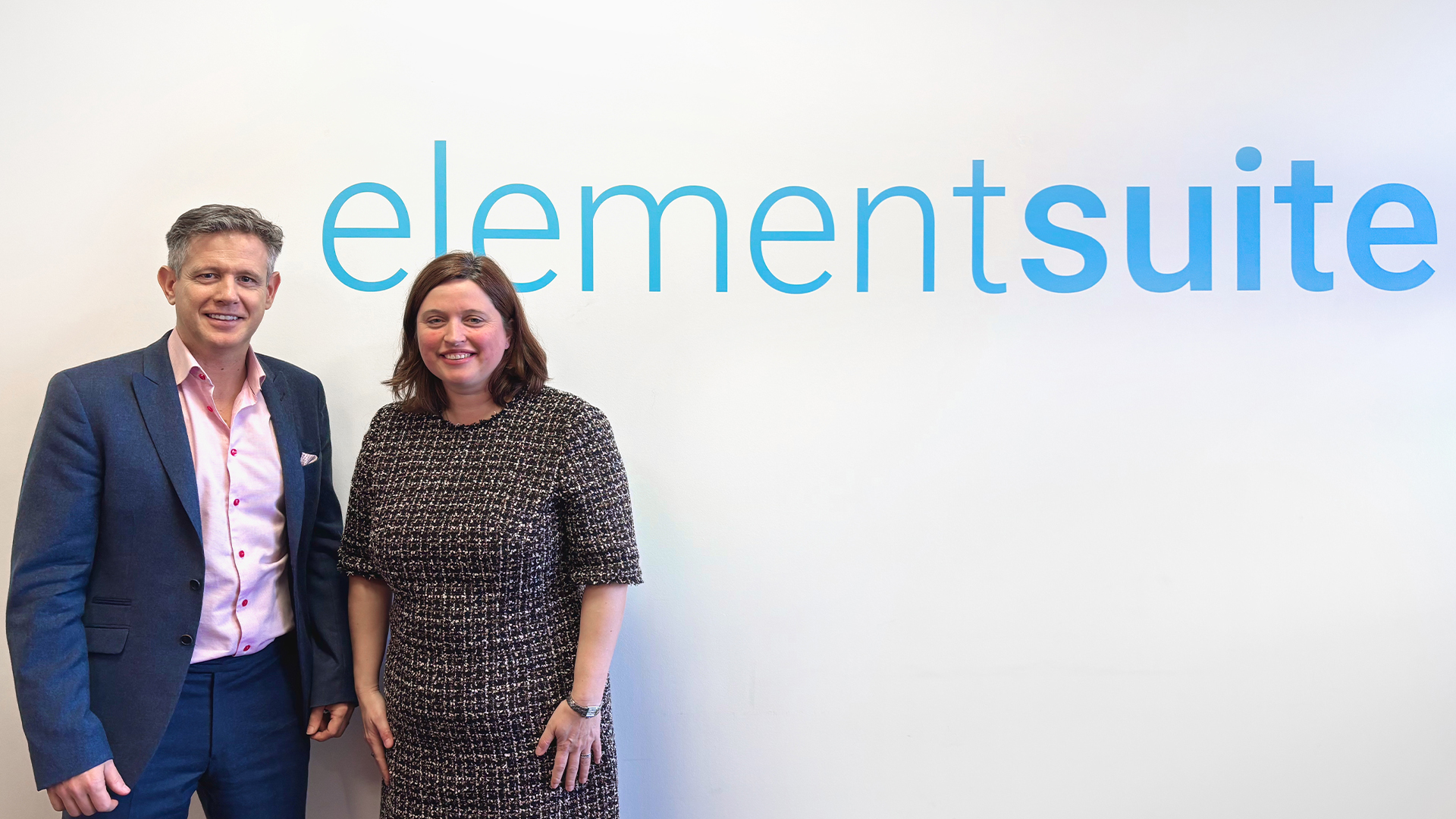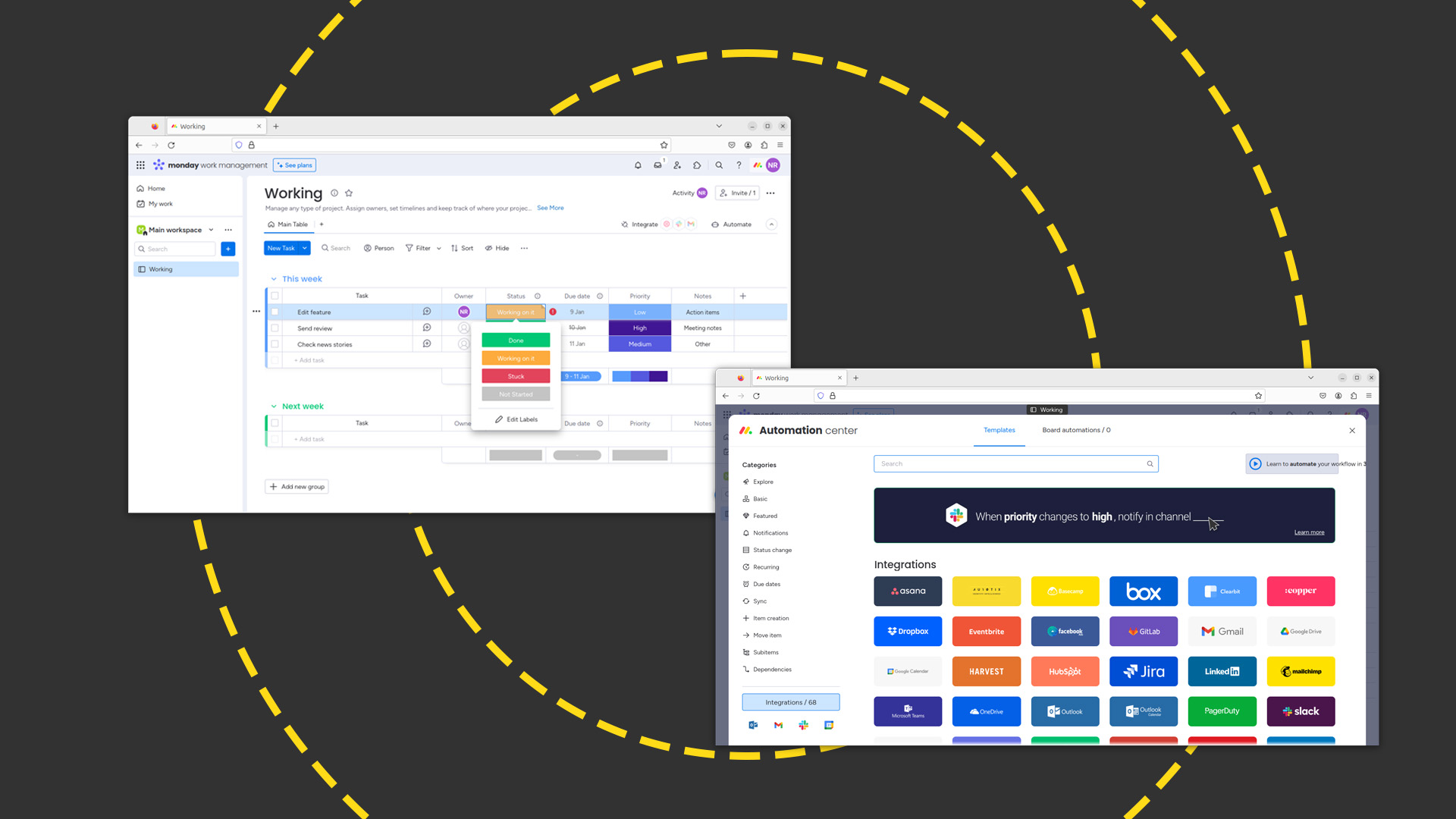Oracle’s Java subscription changes spark concerns over cost hikes for smaller businesses
Smaller businesses could incur significant cost hikes as high as 1,400% with most new customers expected to pay at least double


Recent Oracle price changes for Java customers has sparked concerns that small businesses could encounter a significant spike in costs.
Planned price changes outlined by the company last week will see firms on the Java SE Universal subscription charged based on their total number of employees, as opposed to only those using the service.
The move by Oracle will see companies with 1-999 employees will be charged a minimum of $15 (£12) per employee. For larger organisations with 40,000+ employees, prices will begin at a minimum of $5.25 (£4.26) per head, the company revealed.
According to Oracle’s updated price guide, this means that a company with 28,000 employees would now be required to pay $6.75 (£5.48) per employee each month.
These changes would apply to employees spanning both full-time and part-time roles, as well as temporary staff and contractors, resulting in a significant price hike to around $2.2 million (£1.78 million) each year.
Price hikes could affect smaller businesses
Oracle’s subscription changes have sparked criticism over how smaller firms could be forced to pay significantly more for business-critical software.
In a blog post dissecting the price hike, Nathan Biggs, CEO at House of Brick consultancy, suggested that SMBs could pay thousands more each year.
Get the ITPro daily newsletter
Sign up today and you will receive a free copy of our Future Focus 2025 report - the leading guidance on AI, cybersecurity and other IT challenges as per 700+ senior executives
One scenario outlined by Biggs revealed that a company with 250 employees and a “small Java footprint” - which equated to 20 desktop users and eight Java installed processors – would have paid $3,000 (£2,435) per year under the old pricing model.
RELATED RESOURCE

This same business could now incur costs of up to $45,000 (£36,535) per year, he said, equating to a 1,400% price increase.
Given the scale of potential price increases, Biggs suggested that the changes could cause major issues for smaller businesses.
“What this means for your organisation is that regardless of your Java users or server footprint, you now must count every employee, contractor, consultant, and agent to determine your Java subscription bill,” he said.
“You are potentially on the hook for a massive subscription fee increase that may have very little benefit to your operation.”
Oracle published an FAQ section on their website in an attempt to clarify how new licence subscriptions will be priced.
The company said that customers using the legacy SE subscription model will be permitted to renew “under their existing terms and metrics”.
While this clarification was welcomed, Biggs noted that customers seeking to increase their footprint further down the line may be “forced” into using the new universal subscription model.
“This is good news for customers that already have a Java SE subscription based on processor counts and desktop users, but it does not address key concerns or questions,” he said.
“This is not good news for Java customers that have not been on the legacy subscription. New customers will be forced into the new Universal Subscription and will likely pay at least double what the previous subscription would have cost.”
Rising software prices
News of Oracle’s changes come as businesses globally are forced to contend with surging software costs and increasing rates at major providers.
Last year, Oracle revealed it would increase support prices by around 8% for customers to compensate for inflation and rising costs. It also isn’t the only business adjusting rates due to economic instability.
Earlier this month, Sage was criticised for changes to its subscription model which required customers with perpetual 15-year licences to switch to a new monthly payments scheme.
Some businesses claimed that the move by Sage was an attempt to “strong-arm” them into the new subscription model and was “merely a means to increase the cost” of services.
Sage strongly denied the claim, citing security grounds as a key factor behind the move.

Ross Kelly is ITPro's News & Analysis Editor, responsible for leading the brand's news output and in-depth reporting on the latest stories from across the business technology landscape. Ross was previously a Staff Writer, during which time he developed a keen interest in cyber security, business leadership, and emerging technologies.
He graduated from Edinburgh Napier University in 2016 with a BA (Hons) in Journalism, and joined ITPro in 2022 after four years working in technology conference research.
For news pitches, you can contact Ross at ross.kelly@futurenet.com, or on Twitter and LinkedIn.
-
 Should AI PCs be part of your next hardware refresh?
Should AI PCs be part of your next hardware refresh?AI PCs are fast becoming a business staple and a surefire way to future-proof your business
By Bobby Hellard
-
 Westcon-Comstor and Vectra AI launch brace of new channel initiatives
Westcon-Comstor and Vectra AI launch brace of new channel initiativesNews Westcon-Comstor and Vectra AI have announced the launch of two new channel growth initiatives focused on the managed security service provider (MSSP) space and AWS Marketplace.
By Daniel Todd
-
 More than half of UK enterprises regret at least one software purchase – here’s how to prevent buyer’s remorse
More than half of UK enterprises regret at least one software purchase – here’s how to prevent buyer’s remorseNews More than half of UK enterprises regret at least one software purchase they've made in the last 18 months.
By Emma Woollacott
-
 Zellis snaps up AI-powered HR software firm elementsuite
Zellis snaps up AI-powered HR software firm elementsuiteNews Elementsuite will be integrated with Zellis’ own payroll and HR software offering
By Daniel Todd
-
 ‘SaaS dependency’ is becoming a major issue for tech leaders
‘SaaS dependency’ is becoming a major issue for tech leadersNews The survey highlighted issues around maintenance, innovation, and data
By Emma Woollacott
-
 Organizations shift away from Oracle Java as pricing changes bite
Organizations shift away from Oracle Java as pricing changes biteNews A survey from Azul Systems finds that, along with cost, customers cite a preference for open source and the threat of a Java usage audit
By Emma Woollacott
-
 Why Java 17 growth is ‘exploding’
Why Java 17 growth is ‘exploding’News Java 17 is now the most popular LTS version, according to application data from New Relic, but what's driving this growth?
By Steve Ranger
-
 Monday.com review: Work management platform works best when you pay for it
Monday.com review: Work management platform works best when you pay for itReviews The versatile 'Work OS' skilfully balances power, flexibility, and ease of use
By Nik Rawlinson
-
 SuiteWorld 2023: NetSuite's day-two announcements
SuiteWorld 2023: NetSuite's day-two announcementsLive Blog Keep up-to-date with all the day-two announcements from NetSuite SuiteWorld 2023
By Rory Bathgate
-
 Can Oracle really be Linux's knight in shining armor?
Can Oracle really be Linux's knight in shining armor?Opinion The self-proclaimed champion of open source freedom would like you to forget about its history
By Richard Speed